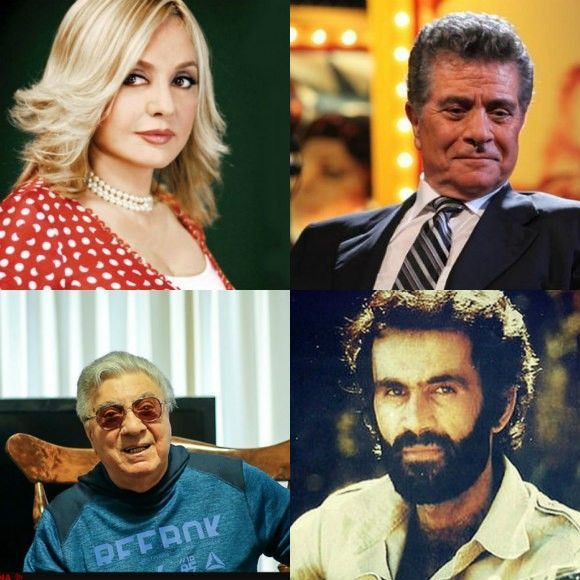May 31, 2018
Iran’s Judiciary spokesman, Gholam-Hossein Mohseni-Ejei, has said that the authorities are prepared to admit all Iranians living abroad back into the country.
“All Iranians can return home including artists and performers who have been living in other countries. But we will prosecute anyone who has committed a serious offense. Also, lawsuits and civil complaints filed against individuals returning to Iran will go through normal court proceedings,” Mr. Ejei told ISNA (the Iranian Students News Agency.)
The Iranian public has been very critical of the regime for blacklisting many prominent artists and performers who were active before the 1979 Islamic Revolution. In many cases, the authorities have banned these singers, directors, and musicians from working in their respective disciplines for four decades. The state has also ordered the media not to publish or broadcast photographs, videos, and comments by many of these individuals.
The death of veteran actor Nasser Malek Motiei on May 25 has once again sparked a heated public debate over the plight of those artists whose careers have been ruined by the Islamic Republic. The courts summoned many actors, directors, musicians, and performers after the 1979 revolution. While some were forced to live in exile, others like Malek-Motiei decided to remain in Iran. Many never worked in their respective fields again and died in poverty and oblivion.
Many people have posted messages of support for artists living in exile. The public demand for these artists to be allowed to return to Iran and continue their work has placed the regime in an awkward position. But the political climate in Iran hasn’t changed much in the past forty years. Even if they could return to Iran, these artists wouldn’t be able to work in an open creative environment. The regime has not only censored artists who were active before the revolution such as singers Googoosh and Akbar Golpayegani, but also those with close links to the current establishment.
Former President Mahmoud Ahmadinejad allowed veteran singer and songwriter Habib Mohebian to return to Iran in 2009. But Mr. Mohebian was unable to obtain a permit to perform in public or record his music. Police even arrested him for taping a music video by the Caspian Sea. And when he died in 2016, the authorities didn’t allow his family to bury him in the section reserved for artists at Behesht-e Zahra cemetery. Also, the Ministry of Culture and Islamic Guidance canceled a ceremony commemorating the fortieth day of his passing.









